
New Study Shows Removing Processed Foods Can Reduce ADHD Symptoms by 53%
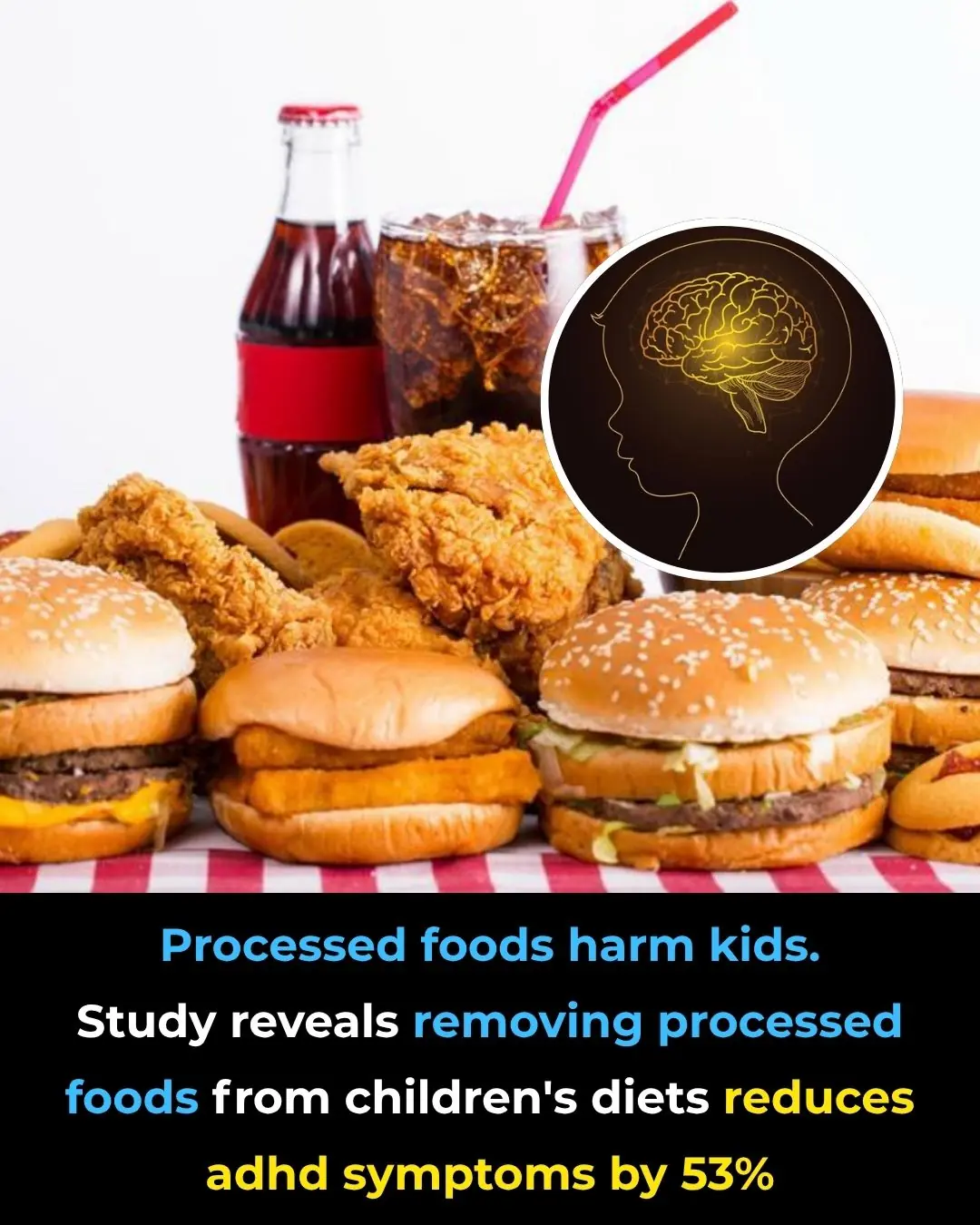
A growing body of scientific research is revealing a powerful, natural approach to helping children with ADHD: reducing or completely eliminating processed foods from their diet. A recent study found that removing artificial additives, preservatives, and ultra-processed snacks resulted in an impressive 53% reduction in core ADHD symptoms, including hyperactivity, impulsivity, and difficulties with sustained attention. These findings echo earlier evidence from the well-known INCA Study (Pelsser et al., 2011), which demonstrated that a carefully structured elimination diet significantly reduced behavioural problems in the majority of participating children.
Processed foods are frequently high in refined sugar, artificial colourings, synthetic flavour enhancers, and chemical preservatives—all compounds that can influence brain activity and behaviour. Research over several decades, including work inspired by the Feingold dietary hypothesis, has shown that certain food additives may aggravate behavioural symptoms in susceptible children. When families shift toward a diet centered on whole foods—such as fresh fruits and vegetables, whole grains, lean proteins, nuts, and minimally processed ingredients—many children experience meaningful improvements not only in physical health but also in focus, emotional regulation, and overall cognitive functioning.
Nutrition scientists and child development experts increasingly agree that dietary patterns play a vital role in mental health and neurological development. Organizations such as the Centers for Disease Control and Prevention (CDC) emphasize the connection between dietary quality, behavioural stability, and academic performance. Similarly, guidelines from the Harvard School of Public Health highlight how consistent blood-sugar levels, high-quality fats, and nutrient-dense foods support optimal brain development during childhood and adolescence.
For parents seeking natural, evidence-based strategies to support children with ADHD, dietary adjustments represent a promising and accessible option. This approach does not replace medical care, behavioural therapy, or professional guidance, but it can serve as a valuable complement—one that empowers families to take an active role in their child’s well-being. Healthy eating is more than a foundation for physical growth; it can profoundly influence brain function, behaviour, mood stability, and long-term cognitive resilience.
By understanding the relationship between food and the developing brain, families can adopt nutritional choices that contribute to calmer behaviour, improved concentration, and a higher quality of life for children living with ADHD.
News in the same category


Why Your Dog Stares at You …What That Look Really Means

Do You Think Like an FBI Agent

Apple and Issey Miyake Redefine Tech Fashion With the $230 iPhone Pocket

A Simple Black Blade That Saves Birds: The Surprising Wind Turbine Breakthrough
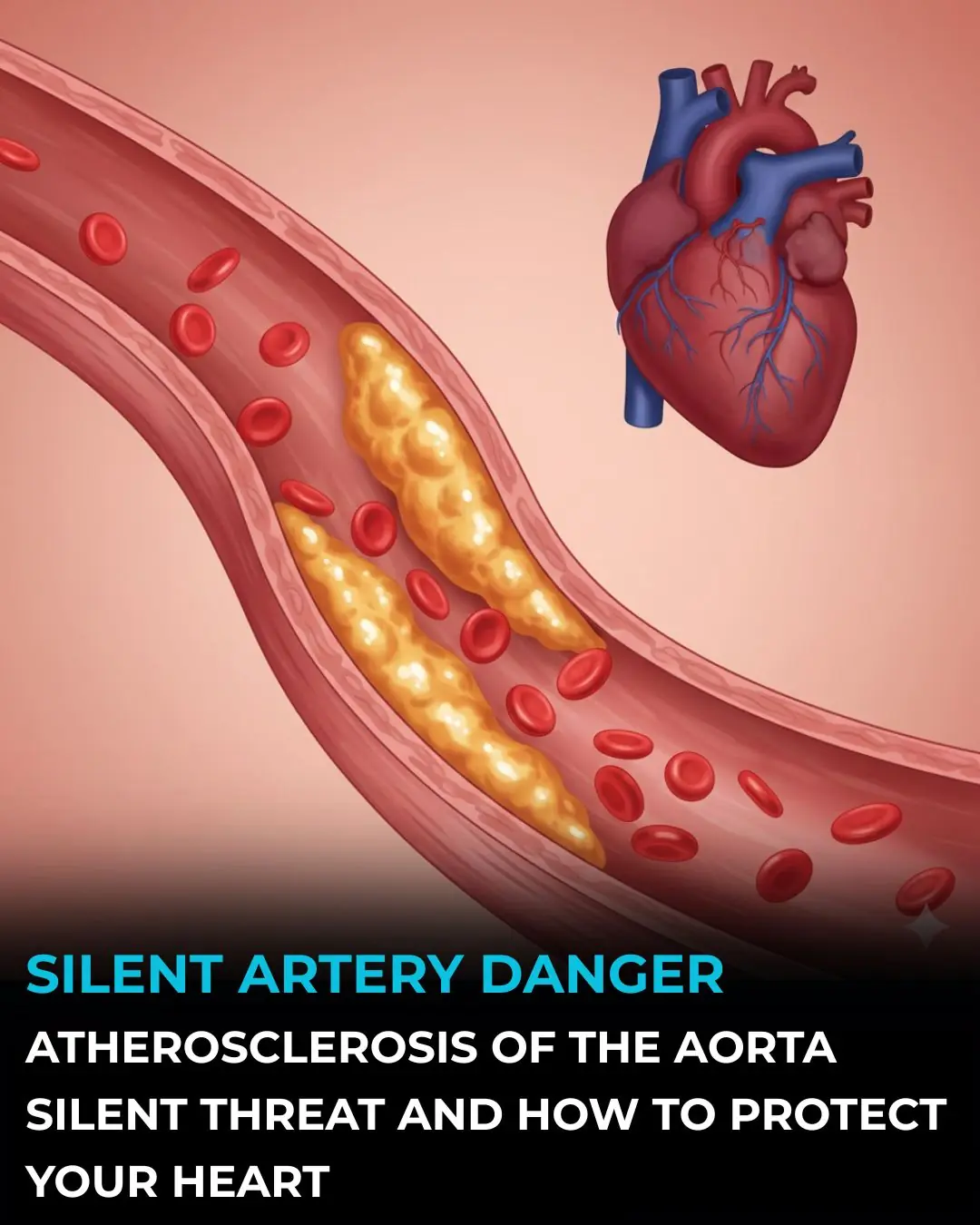
A Silent Threat: How Aortic Atherosclerosis Develops and How You Can Protect Yourself

Firefighters Want Everyone To Know What They Should Never Plug Into A Power Strip
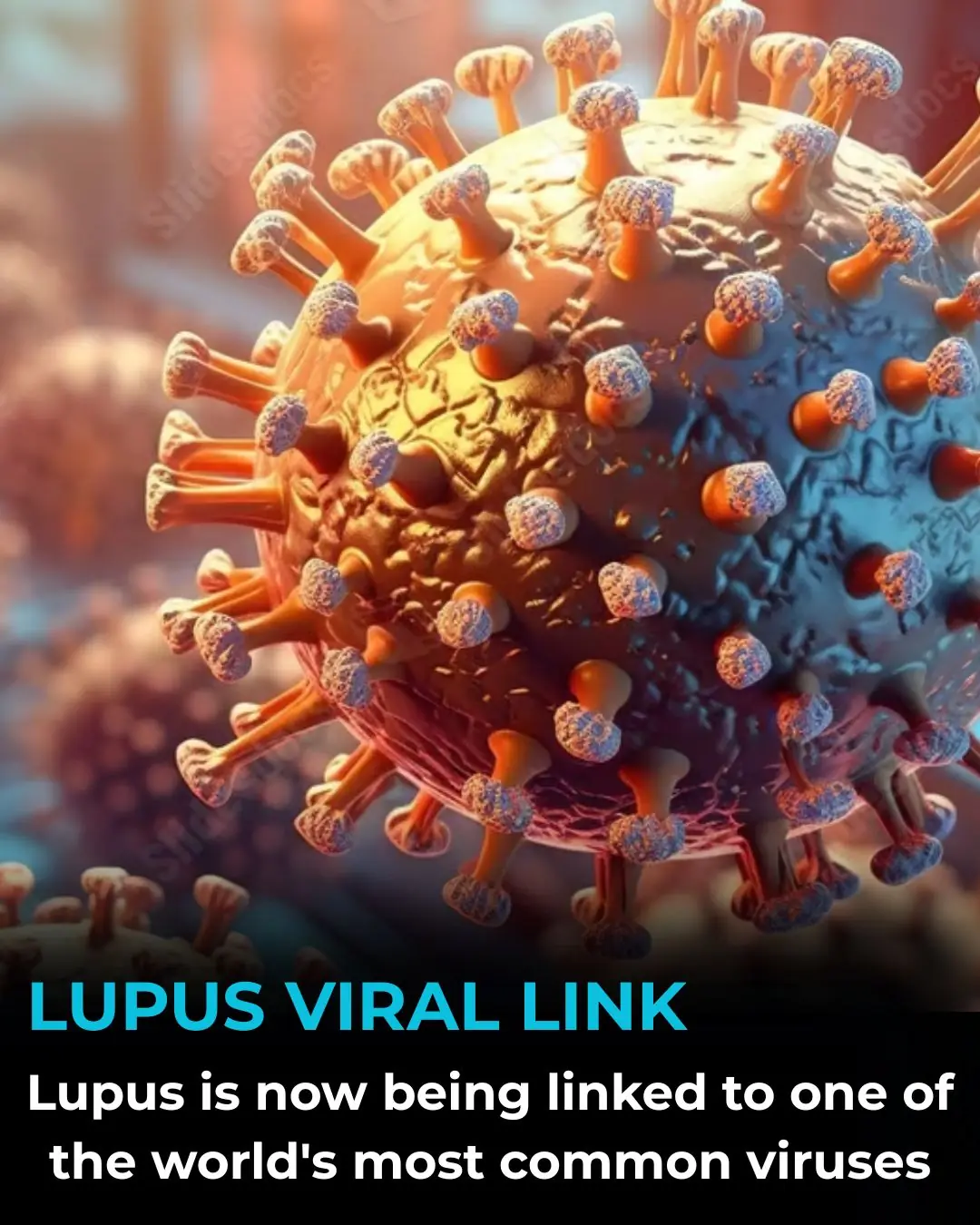
Uncovering the Viral Trigger Behind Lupus: Scientists Reveal a Surprising Link

A Quiet Hero: The 24-Year-Old Saving Over 1,400 Animals from Euthanasia

Kenyan Impostor Outsmarts Courts: Fake Lawyer Wins 26 Cases Before Shocking Unmasking

Experts reveal 10 baby names parents should avoid in 2026 as popular names that are set to go extinct revealed

The Real Reasons Men Stay in Relationships With Women They Don’t Love

If you suddenly wake up between 3:07 and 3:15 a.m., you should be extremely careful

NASA’s Perseverance Rover Detects Something on Mars That Shouldn’t Be There

Newly Discovered Molecule Could Allow Teeth to Heal Naturally, Transforming the Future of Dentistry

Sweden Turns School Lunchrooms Into Forest-Inspired Sanctuaries to Boost Student Well-Being
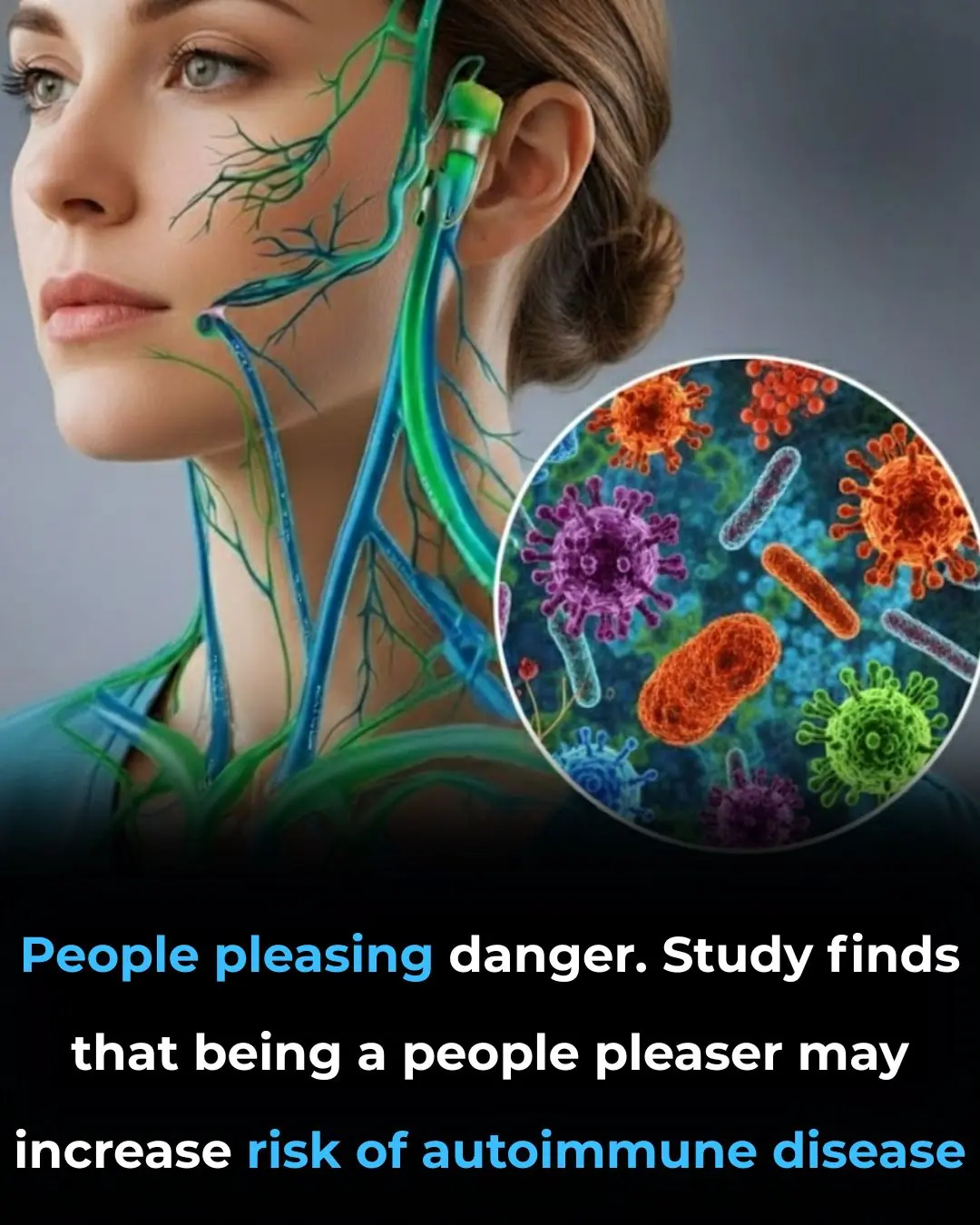
When Pleasing Others Hurts Your Health: New Study Links People-Pleasing to Autoimmune Risk
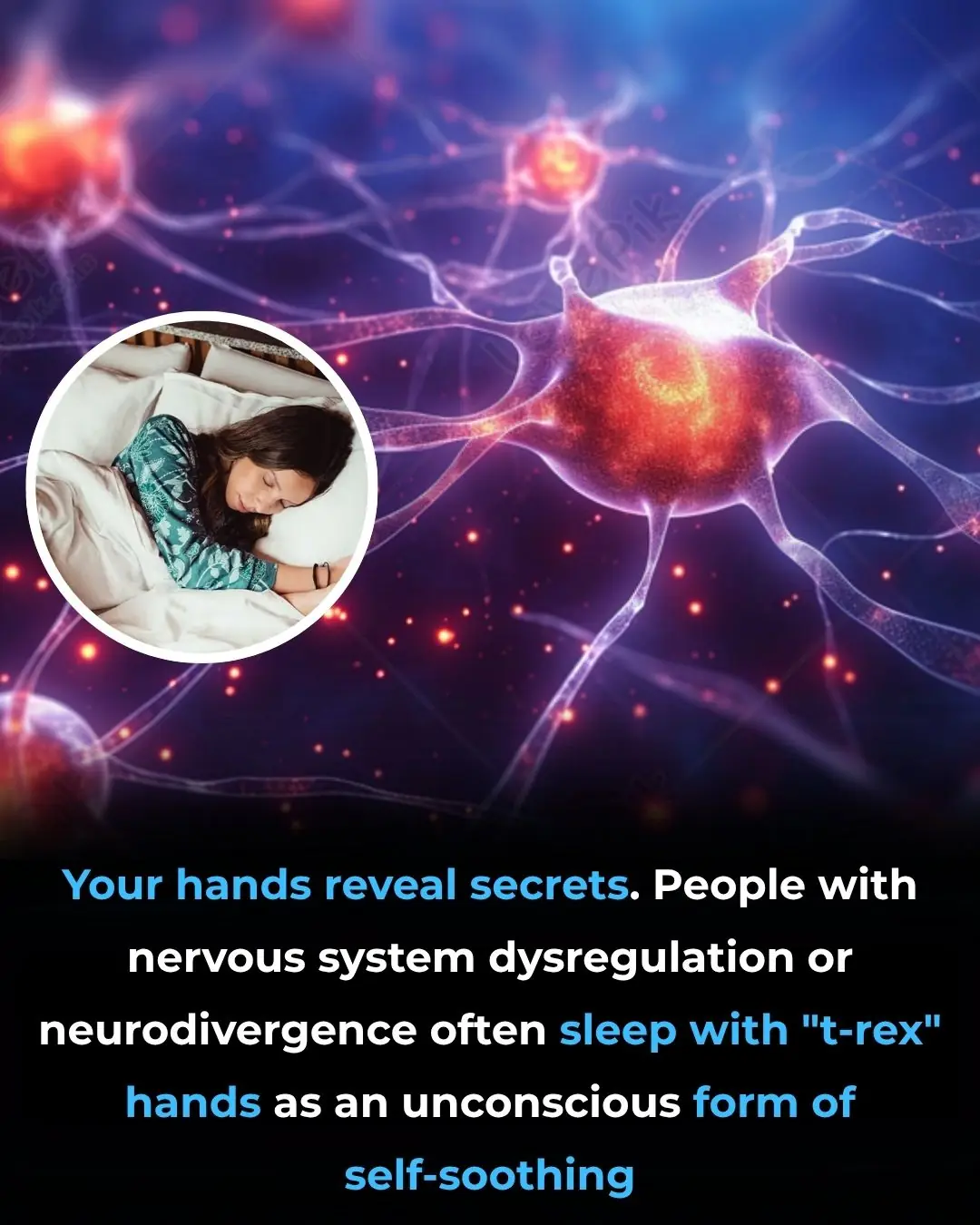
Why We Sleep With ‘T-Rex Arms’: A Self-Soothing Posture Linked to Stress and Neurodivergence

Choose the Longest Line
News Post

Katie Price Reignites Tensions Over Daughter Princess Andre, Urges Teen to “Tell the Truth”

Coronation Street: Megan’s Grooming of Will Deepens as Actress Beth Nixon Reveals Troubled Backstory

5 tips for marketing to help you never get ripped off: Take advantage of them to use when necessary

Heartfelt meaning behind Jack Osbourne’s smiley face knee tattoos revealed

Tips for boiling pork belly in the microwave without water, extremely delicious

Gogglebox Star Steve Sheehan Playfully Warned by Wife Sue: “Be Careful on the Train!”

Deal or No Deal Contestant Ush Opens Up About Emotional Journey to Motherhood

Extremely effective and simple ways to restore non-stick pans, no need to replace them

I’m A Celebrity 2025: Aitch Handed Crucial Career Warning Ahead of Jungle Debut

Anita Rani and Her Father Bal Win Hearts on Celebrity Race Across the World

The One Show Faces Viewer Backlash Over ‘Gruelling’ Children in Need Challenge Squad Fundraiser

The wonderful uses of boiled beer, solving problems that every household encounters

Tom Fletcher and Son Buzz Deliver Emotional Duet for BBC Children in Need 2025

Beware Portuguese Man-of-War Found on Beach

Why Your Dog Stares at You …What That Look Really Means

Say Goodbye to Swelling: Natural Ways to Beat Water Retention Fast!
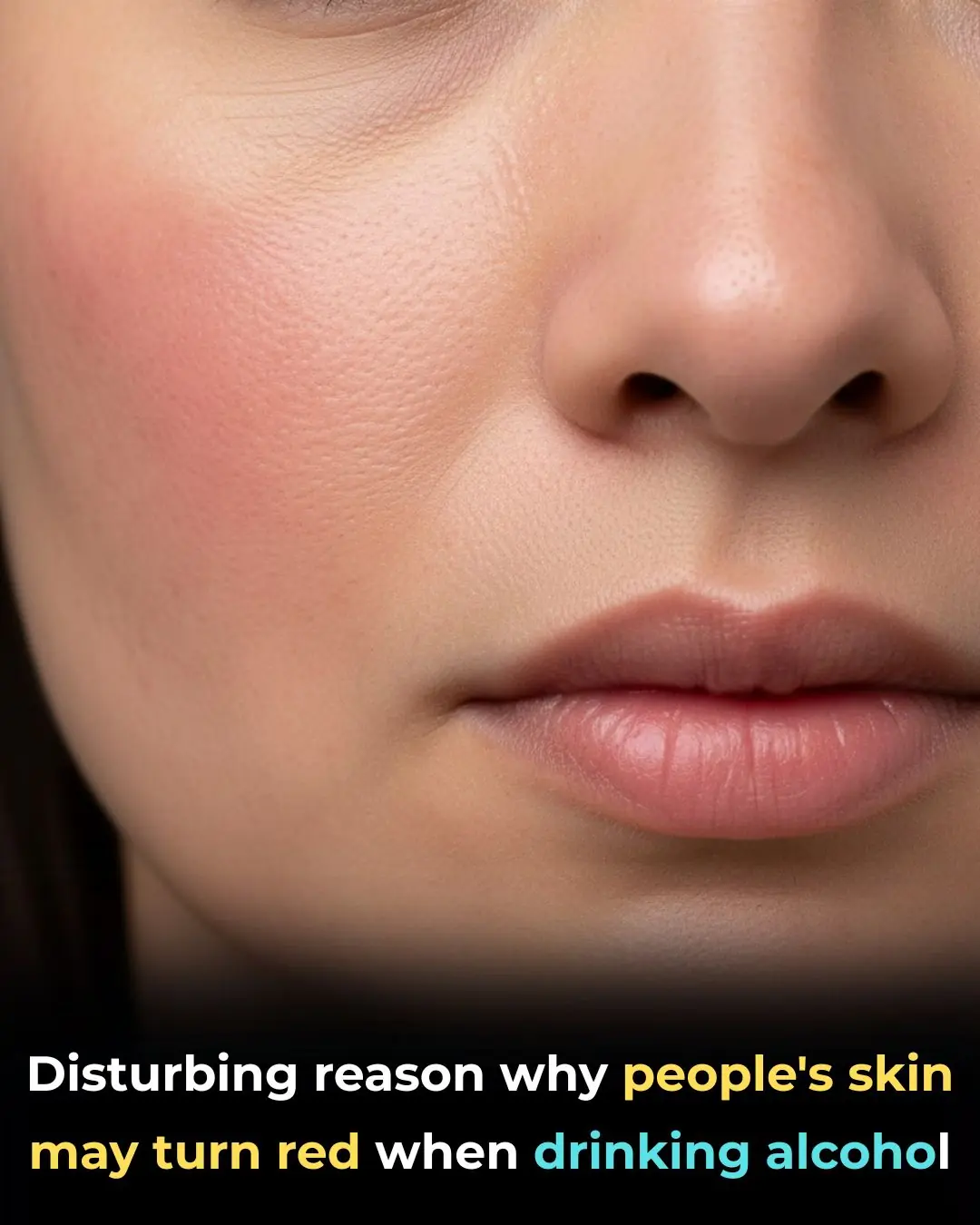
Why Some People’s Skin Turns Red When Drinking Alcohol

Do You Think Like an FBI Agent

What Your Nails Reveal About Your Health: Hidden Signs You Shouldn’t Ignore
